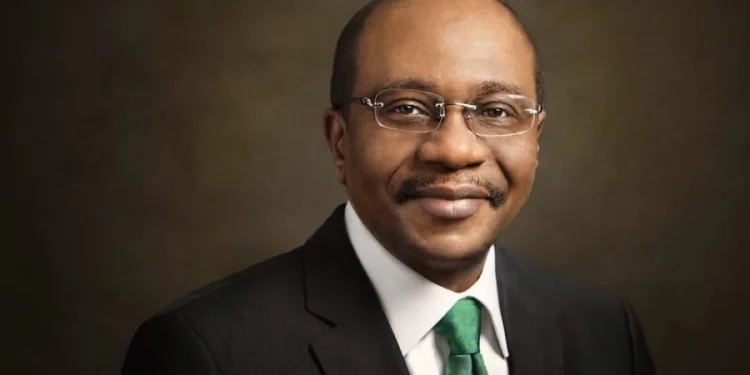Experts who spoke to Nairametrics said the latest cash withdrawal limits by the Central Bank of Nigeria (CBN) could affect energy costs in the country.
Recall that the apex bank had, on Tuesday, December 6, revised cash withdrawal limits to N100,000 for individuals and N500,000 for corporate entities per week.
Nairametrics reported that weekly withdrawals through automated teller machines (ATMs) would also be reduced to N20, 000 per day and N100,000 per week for individuals. In the same vein, the daily withdrawal limit through a point of sale (POS) terminal is N20,000.
Possible impact on energy costs: Nairametrics spoke to some business owners to understand how the CBN policy might affect their operations, especially regarding access to energy. One of them is Ada Abel, the Manager of Abuja-based FQ Loaf Bakery.
She told Nairametrics that power supply is a major component in the survival of a confectionery business. She also noted that Nigerian business owners need unfettered access to cash to effectively run their businesses, arguing that limiting cash withdrawals (especially during an active fuel scarcity crisis), could hamper productivity and further reduce revenue for the business.
No time to meet special conditions: In line with the withdrawal limits, the CBN made provisions for excess withdrawals of up to N10 million for businesses, under special conditions. However, Godwin Asiegbu, an ICT business owner, told Nairametrics that not everyone has the time to meet such conditions.
He recalled that before the fuel scarcity, he spent up to N40,000 a week running the diesel generator for his business. However, as the fuel scarcity keeps intensifying, he has been spending more and he will need to have access to a lot of cash if his business will survive during this festive period. He said:
- “I understand that the policy may be directed at tackling vote buying in the coming 2023 elections. However, my business survives on a power supply which is not available sometimes, so I have to use my diesel generator. There is fuel scarcity now in Abuja and we are buying up to N400 per litre. Just the other day, I bought 10 litres for N4000.”
When reminded that exceptions could be made for businesses to make large withdrawals, Asiegbu reacted by noting that the conditions are time-demanding and he cannot afford to waste valuable business time on meeting such conditions.
More cash for black market fuel purchases: Amid the ongoing fuel scarcity, Nigerians have been spending more to buy petrol in the black market. Josephine Lawal, a delivery business owner, told Nairametrics that since the fuel scarcity started in Abuja, she has only been able to purchase the commodity from the black market. And they are more expensive, meaning she would need more cash.
- “If there was no fuel scarcity, I will not need to stockpile cash. But now, I need all the cash I can get. I have over 3 delivery bikes and the guys riding them, travel all over Abuja. In a week, I spend so much on fuel and repairs. Black market traders in fuel do not have POS machines. I am just a young Nigerian trying to survive,” she explained.
The World Cup business angle: Chidi Ani, who runs a sports viewing centre in Abuja, told Nairametrics that he uses electricity a lot, especially now that the World Cup tournament is ongoing. Because of the epileptic power supply in the country, he relies on his generator and needs cash to buy petrol for the generator. He worried the new policy could affect his business.
- “I buy black market fuel daily. Some of us in Abuja mostly buy fuel from the black market because many of the filling stations are locked. They are not selling, but you will see black market guys standing in front of the stations. They sell N500 per litre. Imagine buying fuel to last for up to 8 hours every day for the period there is no power supply. I open up my place at 8 am and sometimes I close at 11 pm. So, imagine the cost of fuel plus this CBN policy. If I have exceeded my withdrawal limit, how do I get cash as a small business? Everything is just designed to frustrate you in this country abeg,” he said.
In case you missed it: the Manufacturers Association of Nigeria (MAN) recently identified high energy costs as a contributing factor to the slow growth in the country’s manufacturing sector.
- In November 2022, the Corporate Services Department at MAN told Nairametrics that the increase in the cost of energy, acute shortage of forex, and continuous depreciation in the value of the Naira have increased concerns about the viability of the country’s manufacturing sector.
- According to MAN, one of the ways manufacturers and even small businesses are navigating power unavailability is an increased resort to self-energy generation and energy mix to complement the inadequate electricity supply from the national grid.

















I noticed they are all talking about getting fuel from illegal sources
What a country do we find ourselves, where nothing works for anyone, the major source of our foreign earnings is devil in disgise. What is actually wrong with this nation?